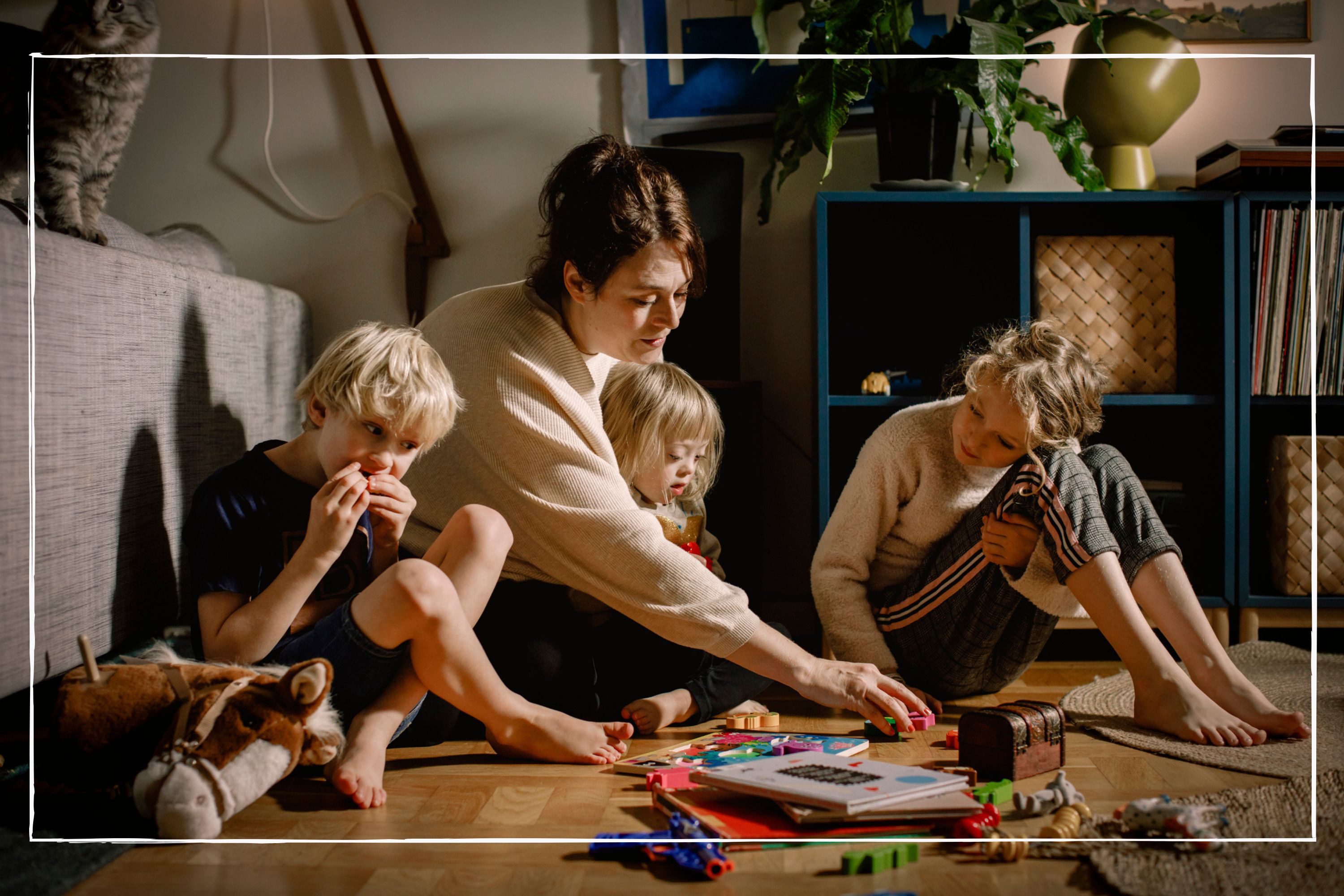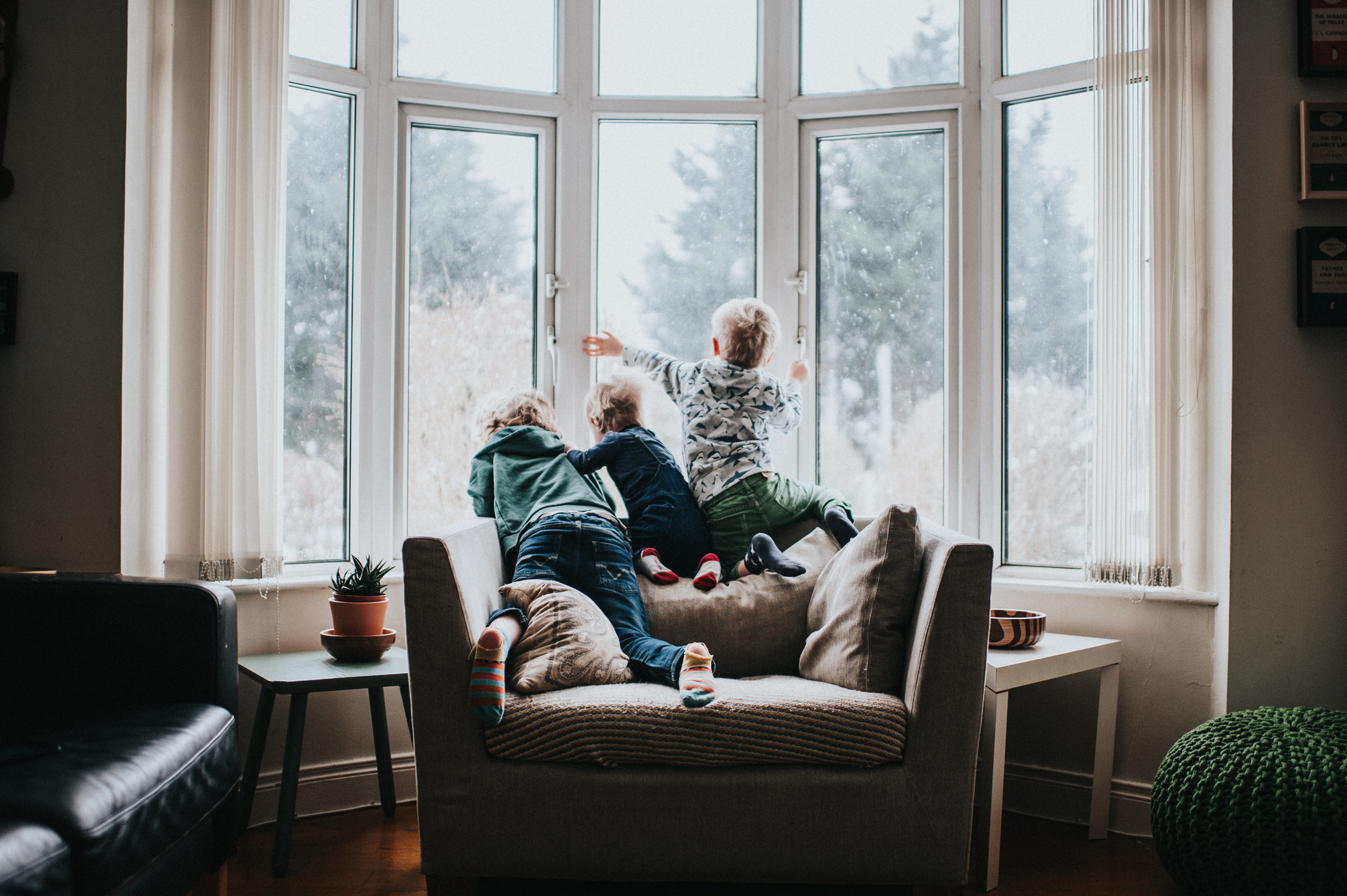Two-child benefit cap 'pushes children into poverty' - campaigners urge government to scrap 'cruel policy' that impacts 1 in every 10 children
The controversial two-child benefit cap has met with strong opposition since its introduction in 2017

Campaigners are putting pressure on the government to scrap the two-child benefit cap, which they say is pushing children into poverty.
The cost of raising a child is significant for many families but made even harder by rising average childcare costs and the high cost of living. There are various benefits available to help families manage these costs, including child benefit, child tax credits and the childcare portion of universal credit. But since a controversial two-child benefit cap was introduced seven years ago aimed at reducing welfare costs by getting parents back into work, the policy has ultimately impoverished families, leaving some families thousands of pounds worse off each year.
The two-child benefit cap was introduced by former Chancellor George Osbourne in April 2017 as an austerity measure to reduce welfare spending. It prevents parents from being able to claim child tax credits or Universal Credit for any third or subsequent child born after April 2017. This means that those families miss out on up to £3,455 per year per child, compared to those whose children were born before April 2017.
Since its introduction, the End Child Poverty Coalition estimated that 1.5 million children (one in every ten children) live in affected families and many organisations have called for it to be abolished, including Children's Society, the Joseph Rountree Foundation and the Church of England. In an analysis of official data, the End Child Poverty Coalition also found that a quarter (25 per cent) of all families affected by the two-child cap are single-parent households, where the parents would not be required to work under current Universal Credit rules. Furthermore, around 87,700 (20 per cent) families affected by the policy have at least one disabled child.
On 5 April 2024, marking seven years since the policy's introduction, campaigners took their protest to the government, saying that an estimated 250,000 children were being pushed into poverty as a direct result of the cap - and it's projected to get worse. According to think-tank The Resolution Foundation: "When 100,000s of families lose out on £1,000s of benefit income a year, poverty rates soar. In 2013-14, 34 per cent of children in larger families were in poverty, but this is projected to rise to 51 per cent in 2028-29. In contrast, the proportion of two-child families in poverty is projected to remain more or less constant over the same 15-year period, at around 25 per cent."

Despite the opposition to the policy, the policy is still in place. It is expected to save the government an estimated £2.5 billion in the 2024/25 tax year, rising to £3.6 billion if it applies to all families receiving universal credit, according to The Resolution Foundation.
However, the think-tank also states that the cost of abolishing the policy "are low compared to the harm that the policy causes, and scrapping the two-child limit would be one of the most efficient ways to drive down child poverty rates. If abolished today, 490,000 children would be lifted out of poverty."
Parenting advice, hot topics, best buys and family finance tips delivered straight to your inbox.
In a parliamentary research briefing on the impact of the policy, it was found that employment rates among larger families with low income has not significantly increased since the two-child benefit cap was introduced, despite increasing employment being a key objective of the policy.
The briefing also states that while relative poverty (defined as poverty in relation to other members of a community or society) is still rising, the government focuses on a decline in absolute poverty (which is based on a defined minimum standard of living) and questions the use of relative poverty measures.
With the next general election due by the end of 2024, Joseph Howes, chair of the End Child Poverty Coalition, said to The Guardian: “These new figures clearly show that the two-child limit is a policy which pushes single parents, and families with disabled children, into poverty – the very families that our benefit system should be helping. In this election year, scrapping this cruel policy should be the top priority for every political party.”
You might also be interested in the motherhood penalty, whether it's financially worth returning to work after having a baby, and whether you qualify for help with childcare costs.
Sarah is GoodtoKnow’s Money Editor. After Sarah graduated from University of Wales, Aberystwyth, with a degree in English and Creative Writing, she entered the world of publishing in 2007, working as a writer and digital editor on a range of titles including Real Homes, Homebuilding & Renovating, The Money Edit and more. When not writing or editing, Sarah can be found hanging out with her rockstar dog, getting opinionated about a movie or learning British Sign Language.